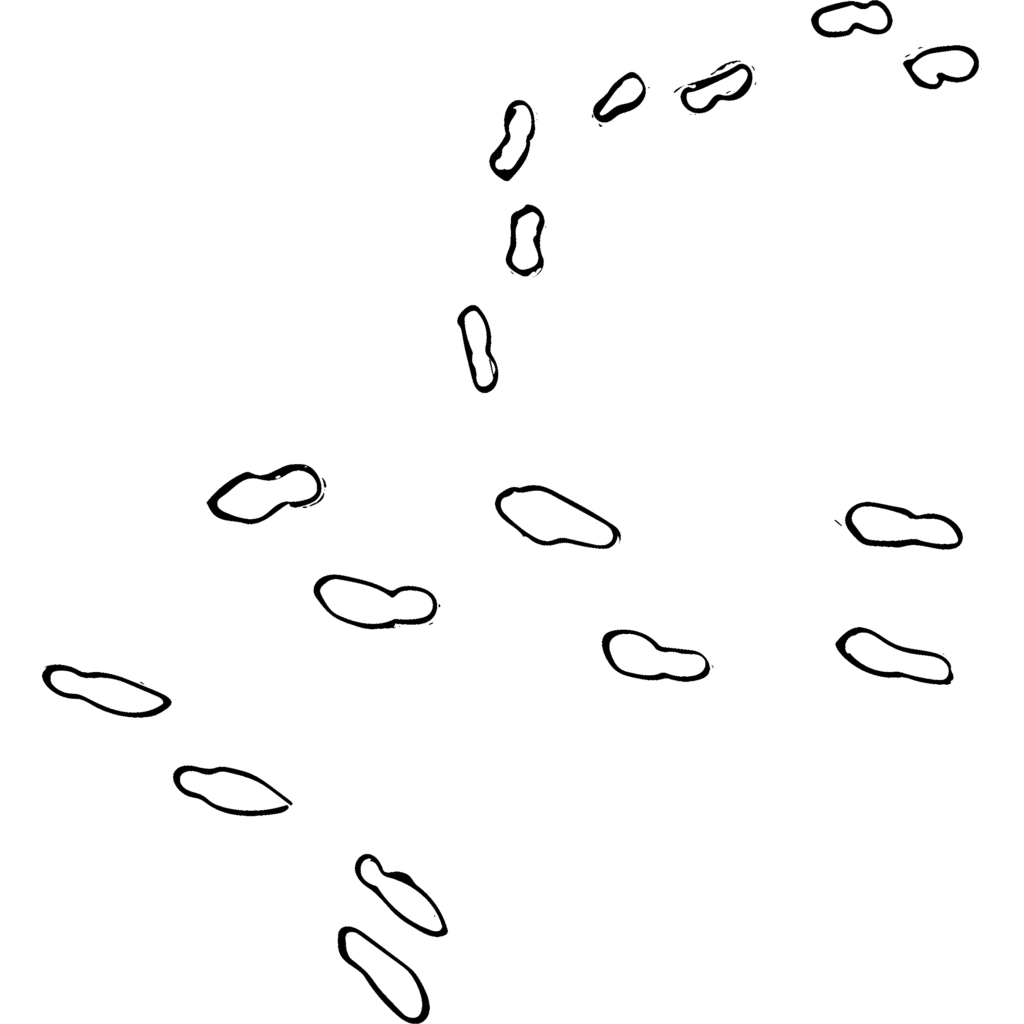Series Introduction
I’m facilitating an online Koine Greek reading group and we’re working through the short and apocryphal book of Bel and the Dragon. The text we’re using is the Old Greek (OG) version from Henry Barclay Swete’s 1909 edition of The Old Testament in Greek: According to the Septuagint. I will be posting the text here each week with accompanying vocabulary glosses for words that appear fewer than fifty times in the Greek New Testament. I will also try to throw in some brief commentary and illustrations.

18 καὶ ἀνοίξαντες τὰς θύρας εἴδοσαν δεδαπανημένα πάντα τὰ παρατεθέντα, καὶ τὰς τραπέζας κενάς· καὶ ἐχάρη ὁ βασιλεύς, καὶ εἶπεν πρὸς τὸν Δανιήλ Μέγας ἐστὶν ὁ Βήλ, καὶ οὐκ ἔστι παρʼ αὐτῷ δόλος.
19 καὶ ἐγέλασε Δανιὴλ σφόδρα καὶ εἶπεν τῷ βασιλεῖ Δεῦρο ἴδε τὸν δόλον τῶν ἱερέων. καὶ εἶπεν Δανιήλ Βασιλεῦ, ταῦτα τὰ ἴχνη τίνος ἐστί;
20 καὶ εἶπεν ὁ βασιλεύς Ἀνδρῶν καὶ γυναικῶν καὶ παιδίων.
Verse 18
Βηλ, Bel
Δανιηλ, Daniel
δαπανάω, to consume
δόλος, deceit
θύρα, door
κενός, empty
παρατίθημι, to set before
τράπεζα, table
Verse 19
γελάω, to laugh
Δανιηλ, Daniel
δεῦρο, come!
δόλος, deceit
ἱερεύς, priest
ἴχνος, footprint
σφόδρα, very much
Verse 20
None
Translation and Commentary
18 And opening the doors, they saw everything had been consumed and the empty tables. And the king was glad. And he said to Daniel, “Bel is great. And there is no deceit before him.
19 And Daniel laughed very much and he said to the king, “Come! Behold the deceit of the priests. And Daniel said, “King—these footprints, whose are they?
20 And the king said, “Of men, women, and children.”
The use of παρά with the dative reference to Bel in v. 18 conveys the locative relationship between Bel and deceit. There is no deceit among or before Bel (Beale, Brendsel, and Ross, 79).
It’s noteworthy that the king absolves Bel of δόλος and Daniel attributes the δόλος to the priests. The options for glossing δόλος include deceit, cunning, or treachery, but BDAG offers a helpful definition: “taking advantage through craft and underhanded methods.” The LXX uses this word for Jacob’s trickery in deceiving Isaac in order to steal Esau’s birthright (Gen 27:35). It also appears in Gen. 34:13 to describe how Jacob’s sons deceived Shechem and Hamor to avenge the defilement of Dinah.
Want to explore the Septuagint further? See the new Lexham English Septuagint.
Link to Part 10—Coming Soon!
For more resources on Bel and the Dragon try the following:
Bel and the Dragon in A New English Translation of the Septuagint
An Introduction to the Apocrypha by Bruce M. Metzger
Daniel, Esther, and Jeremiah: The Additions by Carey A. MooreDaniel: A Commentary on the Book of Daniel by John J. Collins
0 Comments